At least once a year, the German Hydrogen and Fuel Cell Association, better known as the DWV, organizes a so-called parliamentary evening in Berlin. Last year, on Nov. 8, 2018, the event took place in the Embassy of the Czech Republic. A roll call vote prevented most members of the German Bundestag from attending. Still, what Oliver Wittke, who works at the German economy ministry, had to say that evening about “Changes to the Energy System – Is Green Hydrogen the Solution?” did catch the attention of the industry representatives who had gathered at the meeting.
First, Czech ambassador Tomáš Jan Podivínský welcomed the many business representatives who had come to his embassy by saying that “although hydrogen and fuel cells are at an early stage of development in the Czech Republic, we have already witnessed the launch of many exciting projects.” He pointed to a workshop that was held on Sept. 4, 2018, at the embassy and was aimed at Czech and German fuel cell professionals, as well as to current plans for introducing fuel cell buses into the mass transit system in Ostrava, the third-largest city in the Czech Republic. He also took advantage of the opportunity to announce the Hydrogen Days 2019, which are scheduled to take place from March 27 through March 29 in Prague.
Afterward, attendees listened with great interest as Oliver Wittke, who works at the economy ministry and is, by his own account, the one primarily responsible for developing policy on the energy market transformation, said “traditional energy sources are losing in importance. In 2019, we will no longer mine black coal in any part of the country, which doesn’t mean that we will no longer produce energy.” Rather, he underlined that “people in those communities that will bear the brunt of the coal exit need our support” and that “hydrogen will offer them a lot of opportunities.”
He added that “we have so far designed an energy system around the lowest-hanging fruit.” It was now time to set up living labs to test promising hydrogen solutions in real-world conditions. These projects would be funded with EUR 100 million in total. “We believe there is great potential for using hydrogen to revitalize former coal communities,” he said.
Politicians hope for private sector interest
Of central importance was his pledge that the economy ministry would “map out a whole-systems strategy for hydrogen and synthetic fuels.” He noted, however, that the endeavor would need “industry partners” to make hydrogen another success story, similar to what had happened with battery production. He said the ministry would “gladly support the effort, but we need the private sector to contribute.” As for electric transportation, he affirmed that “businesses made the biggest investments, which is why we offered that much funding.”
The DWV’s chairman, Werner Diwald, said the “industry is more than willing to invest,” adding that the market was being disrupted while trade relations were being reset. In this context, he again floated the idea of setting up a Hydrogen Airbus project, in reference to joint European projects in the aviation and battery industries. But this time, the focus would be on hydrogen, with the aim of establishing a competitive fuel cell and electrolyzer sector in middle Europe.
Subsequently, René Schoof, who works at Uniper Energy Storage, criticized the lack of political decision-making and the power-to-gas demonstration systems, at sites such as Falkenhagen and Reitbrook, which had been put “on hold for who knows how long.” Many millions of euros in incentives and grants had been poured into them and the money was, in fact, being wasted, as the systems would be fully operational should they be started up. He said that instead of living labs, it would need a market-wide incentive program. Roland Käppner, head of thyssenkrupp’s energy storage and hydrogen division, agreed, saying that “we need to get away from research and development. We are past the laboratory stage.” He added that his company would “ramp up capacity in time” if the market environment became more favorable.
“We need a strategic road map.”
Werner Diwald, DWV




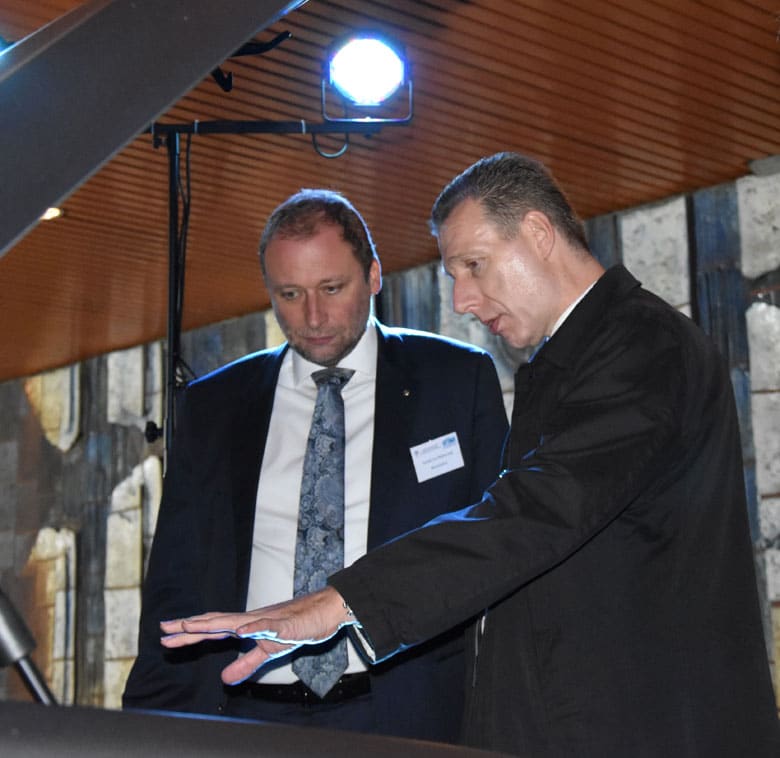














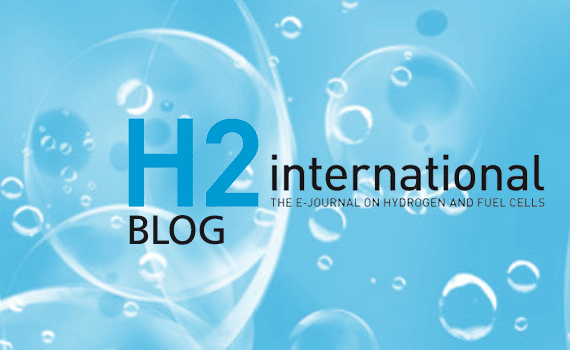


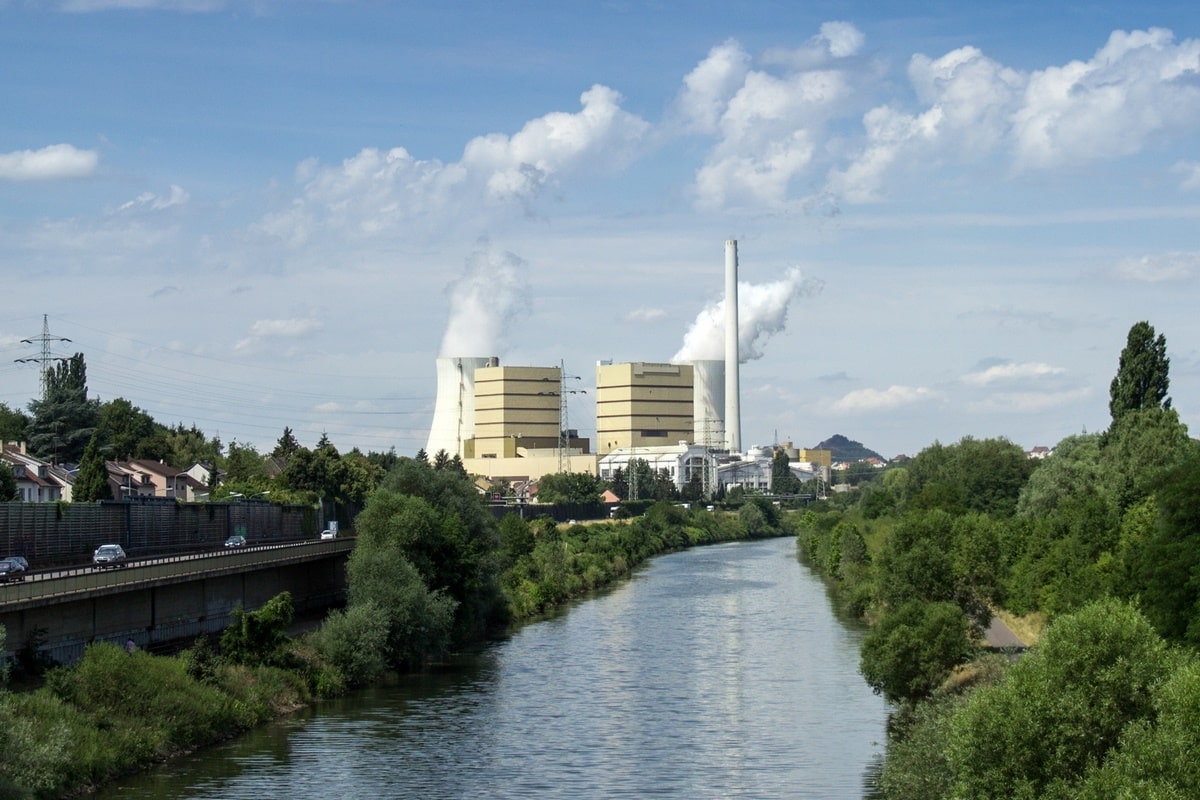
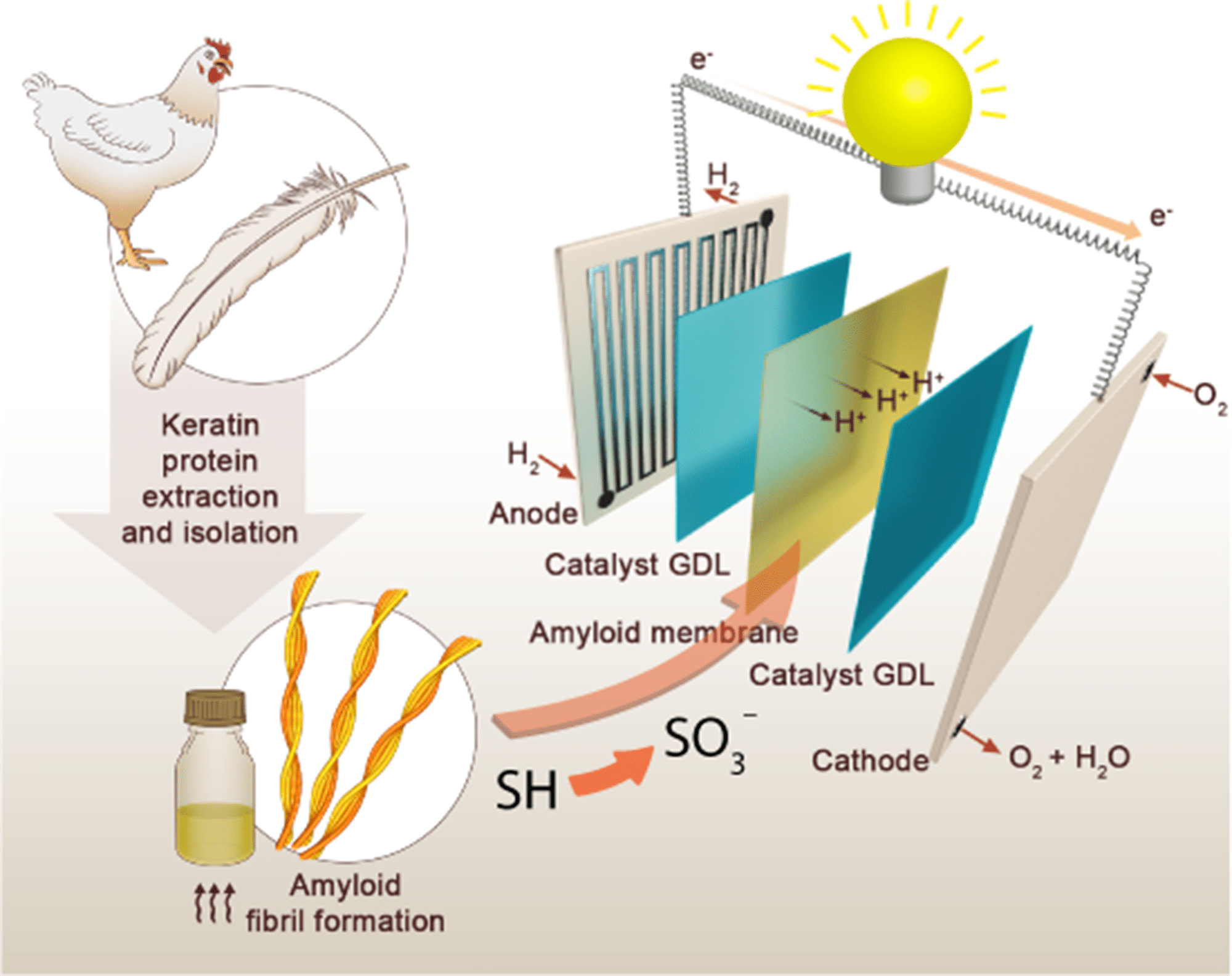
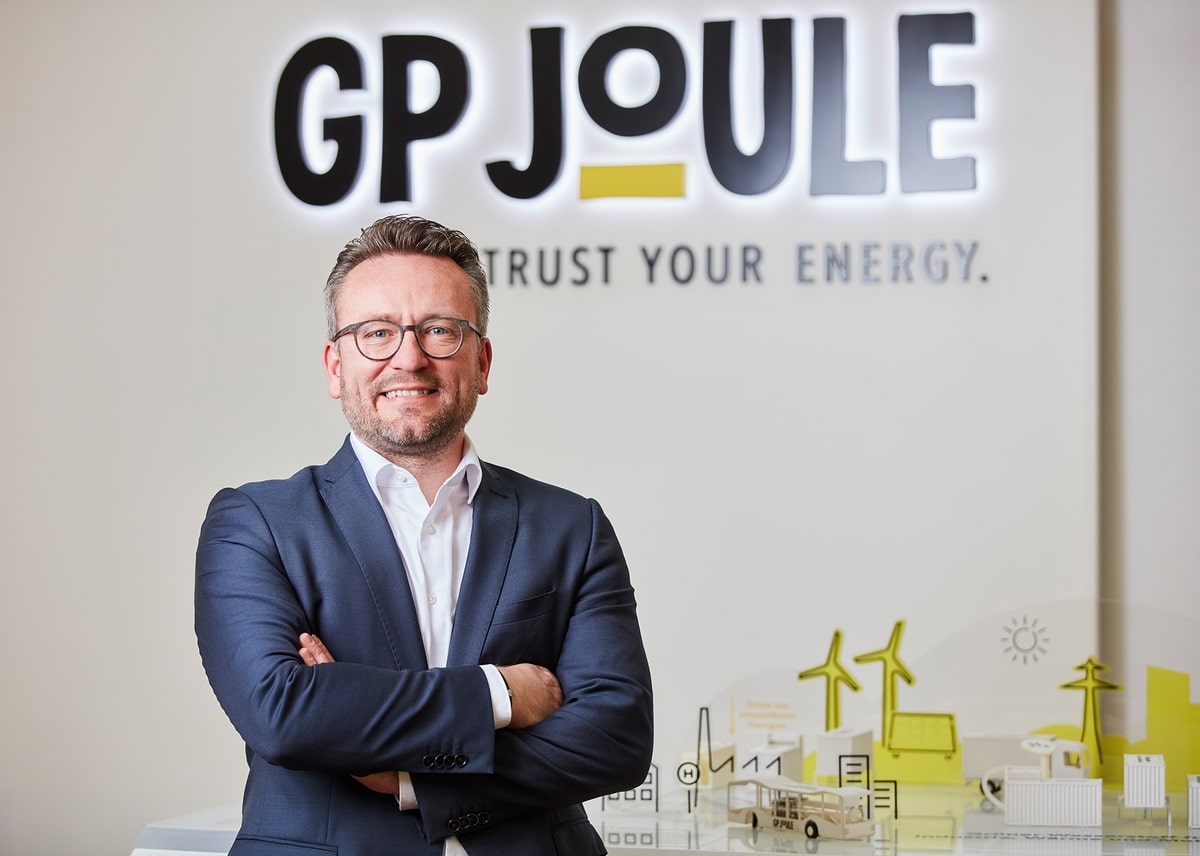
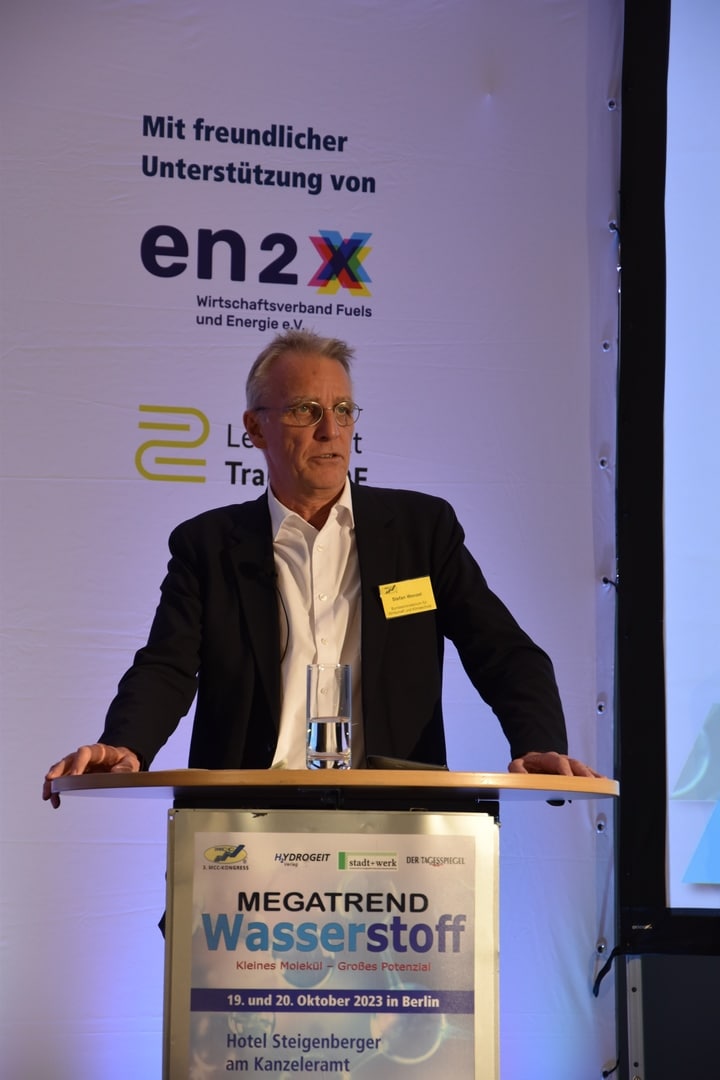
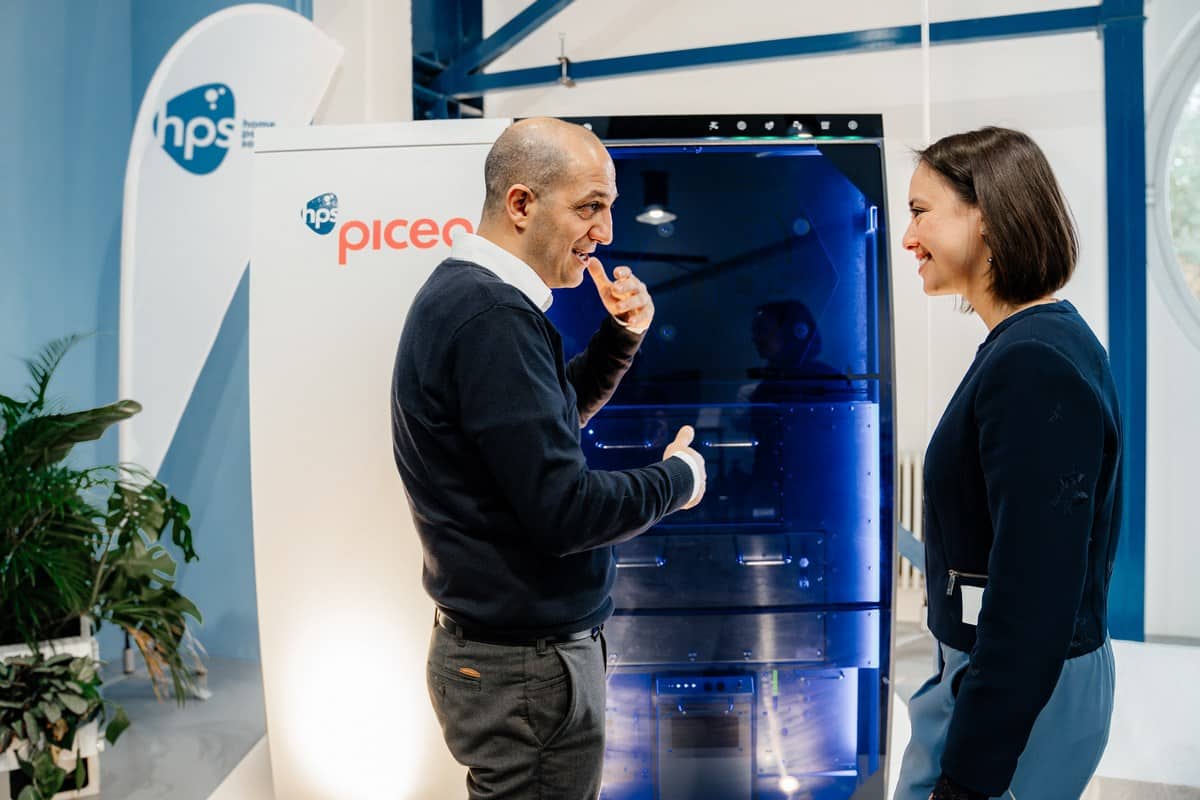
0 Comments